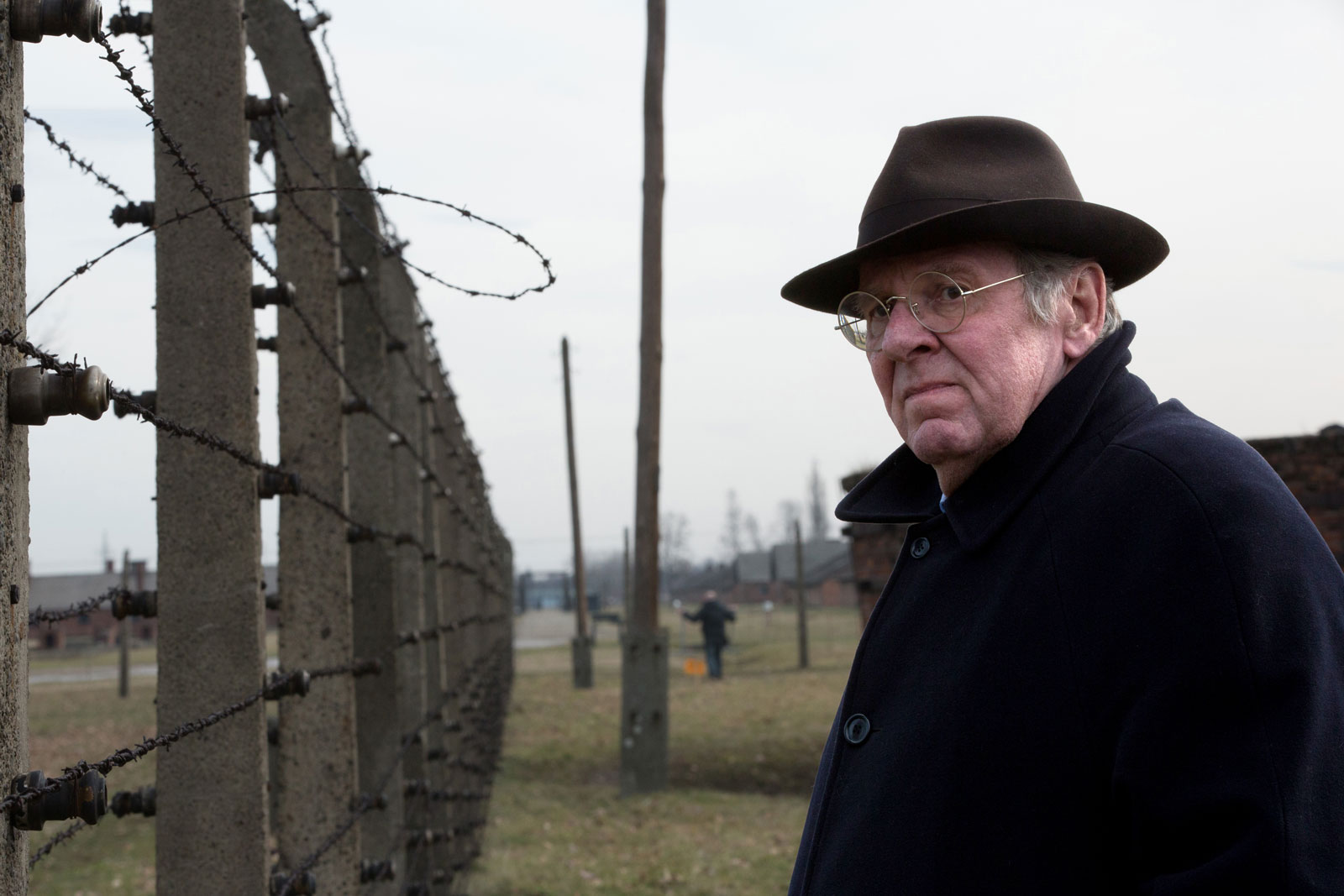Denial
Denial, 2016, 4 ¼ stars
Litigating the Holocaust
Denial brilliantly illuminates the darkest of history
From The Orlando Weekly, October 12, 2016
“The confession of evil works is the first beginning of good works,” wrote Saint Augustine. Holocaust denier and pseudo-historian David Irving wrote evil works, but with no saints around to confront him, it was up to American author Deborah Lipstadt to call him out.
Though she never got an actual confession, she emphatically called him out, writing in 1993 that Irving wasn’t just wrong, but an anti-Semitic liar. But because her book, Denying the Holocaust, was published in England as well as in the United States, Irving took advantage of British libel laws – which put the burden upon the defendant – and sued Lipstadt. This put her in the uniquely absurd, but nevertheless legally binding, position of having to prove the Holocaust.
Directed by Mick Jackson, who is better known for his British television work, Denial is based on Lipstadt’s book, History on Trial: My Day in Court with a Holocaust Denier. But that “day in court” actually takes more than a month, with the entire story spanning roughly seven years. Remarkably, Jackson and screenwriter David Hare are patient enough to allow events to unfold realistically, without much condensing and with great insight into both the British legal system and the surprising reluctance of England’s Jewish community to help Lipstadt. It means the film is slow to gain dramatic steam, but once it does, the emotional payoffs are huge.
Rachel Weisz has never looked or acted quite like this before, and she’s thoroughly convincing, as is Anthony Scott, who plays Lipstadt’s solicitor (the lawyer who prepares her case). Even more effective are Timothy Spall as Irving and Tom Wilkinson as Lipstadt’s barrister (the lawyer who argues the case), the latter worthy of his third Oscar nomination.

Tom Wilkinson as Richard Rampton (Lipstadt’s barrister). Image copyright BBC Films/Foster Entertainment.
“This isn’t about memorializing,” Lipstadt’s lawyers tell her. “It’s about forensics.” And, indeed, the film successfully focuses our attention on the fascinating details of the case. Still, not even Wilkinson’s stoic character is immune to the larger, moral issues, and he is forced to ask himself, “How could Auschwitz be just a brief?”
Because the film offers few surprises, doesn’t fully flesh out some supporting characters and contains little cinematic flourish, I was surprised to find myself so moved. But then I realized I was overlooking the film’s true star. For it’s not really Irving who is on trial. It’s the act of denial. It’s the embrace of evil. It’s the Holocaust itself.
Jackson and cinematographer Haris Zambarloukos filmed at Auschwitz-Birkenau, and though the remarkable courtroom scenes between Wilkinson and Spall give the film its energy, it’s the scenes of the death camp that are the most emotionally wrenching. In those moments, the movie is no longer fiction, but a documentary worthy of Shoah director Claude Lanzmann. Though Denial doesn’t rise to the level of Lanzmann’s nine-hour cathartic opus, it might be the best film of the year so far, or at least the most consequential.
Edmund Burke wrote, “The only thing necessary for the triumph of evil is for good men to do nothing.”
Burke was right except for the gender. To beat evil this time, it took a good woman.
Copyright 2016 © Orlando Weekly
